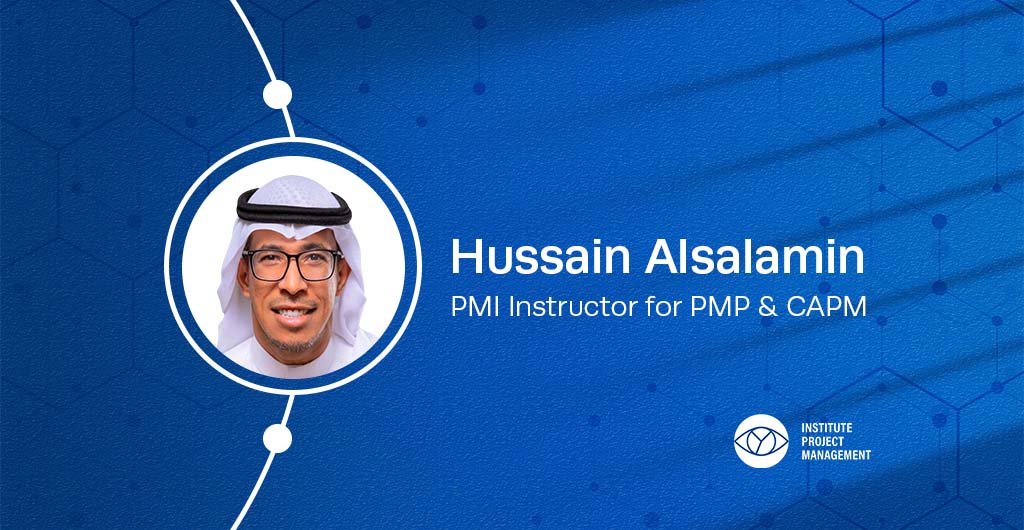Need advice? Call Now, Schedule a Meeting or Contact Us


Speak to an advisor
There are an increasing of skilled project management professionals, at the same time, the workforce availability is decreasing.

Going back to 2020, COVID-19 has caused a massive contraction in project management employment and many other professions. Post-pandemic, significant growth appears in many job categories, especially in the project management sector; a high demand is expected for project management professionals worldwide.
Projects and project management professionals are the change makers of the century; both will play a vital role in the global economy and can contribute to its sustainability. This high demand for project management professionals is accompanied by a need for more talent, which creates a significant gap between project management vacancies and project management professionals.
According to the “Talent Gap: Ten-year Employment Trends, Costs, and Global Implications” report, June 2021, published by PMI, there is a continual gap between the demand for project management skills and the availability of talent, which can affect the economic growth and the opportunities to fill this gap. This gap could impact globally and result in a loss of up to $345.5 billion in global GDP (Gross Domestic Product) by 2030.
According to this report, the reasons for the persistence of this gap are an increase in the number of jobs requiring project management-oriented skills, a higher demand for project professionals in emerging and developing countries due to economic growth and the rate of retirement from the workforce, at least 13 million project managers are expected to have retired by 2030. These factors will create a global need for 25 million new project professionals by 2030, which means 2.3 million project management professionals, including project managers, to fill project management-oriented roles every year to keep up with the demand. This gap in talent makes the project management roles financially attractive and makes the project management profession a rewarding job.
Also, this report highlights that the successful project management of projects and projects themselves are necessary for economic growth. The total GDP of project-oriented industries is estimated to increase from $24.7 trillion in 2019 to $34.5 trillion in 2030. The share of GDP will be the highest in China, North America, and Europe. In addition, this report highlights the sectors that are most affected by this gap; according to the U.S. Bureau of Labor Statistics Data, the most significant and fastest-growing project-oriented roles will be in the IT sector and specifically in software development and mobile applications, with an increase of 14% in occupations by 2030. Moreover, manufacturing and construction, publishing and professional services, finance and insurance, healthcare, oil and gas, management and professional services, and utilities industries are becoming more project-oriented, which leads to greater demand for project management skills and creates more project management opening vacancies by 2030.
In addition, the talent recruitment strategy has not changed much; most organisations are stuck up in traditional approaches to recruiting talents where there is a widespread lack of focus, developing and retaining existing project managers and a lack of variety in innovation in attracting and recruiting new talents. They are still searching in the same pool of talent, where only 38% of organisations are actively working to increase the diversity of candidates, and only 15% see skilled young people as a priority in their recruitment operation.
According to the PMI report mentioned above, this situation is a significant advantage for individuals looking to enter the project management field or enhance their project management skills, but it may pose a considerable risk to organisations that count on their teams to implement strategic initiatives.
PMI advises organisations to provide learning opportunities and explore partnerships to equip employees with the necessary project management skills. By improving the employees' skills at the organisation’s level, empowering a new generation of talent with project management skills at the community level, and upskilling the workforce, this gap will contract, and its impact will decrease globally. Building an organisational culture that encourages continuous learning, knowledge sharing, and collaboration is vital. This culture will empower project managers to transfer their skills, refine their soft skills, enhance their leadership abilities, and cultivate new project management talents. These new talents will be equipped to drive change and achieve success in a rapidly changing world.
In addition, narrowing this project management skills gap is an essential challenge for organisations and the project management profession. To shrink it, organisations should have a strategic approach to recruiting talent. They should focus on how hiring and training and on the performance and retention of talents, or these organisations will be unable to meet their goals, and the project management profession will be unable to avoid this talent gap. For that, organisations must take action to attract and retain talents by improving their recruitment approaches, encouraging continuous learning, and using technology to facilitate changes and create powerful learning experiences. It is the appropriate time to invest in building capabilities to close this gap, take it to the top, prioritise talent management, use a systematic approach to assessing key capabilities, and reinvent recruitment strategies.
Moreover, the solution for this gap is not only the responsibility of the organisations but also the responsibility of project management professionals, who are the backbone of these organisations and the cause of the success of their projects. Project managers must always empower themselves and others, enhance their skills, keep learning new things, expand their networks, mentor new talents, and help them to get certified. This will improve their performance and give them a significant boost and confidence to move forward to fill this talent gap.














